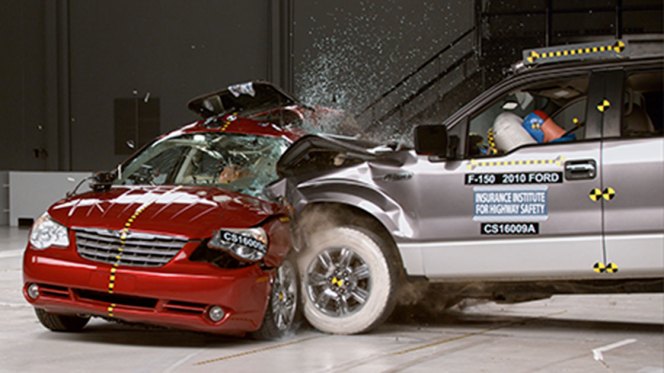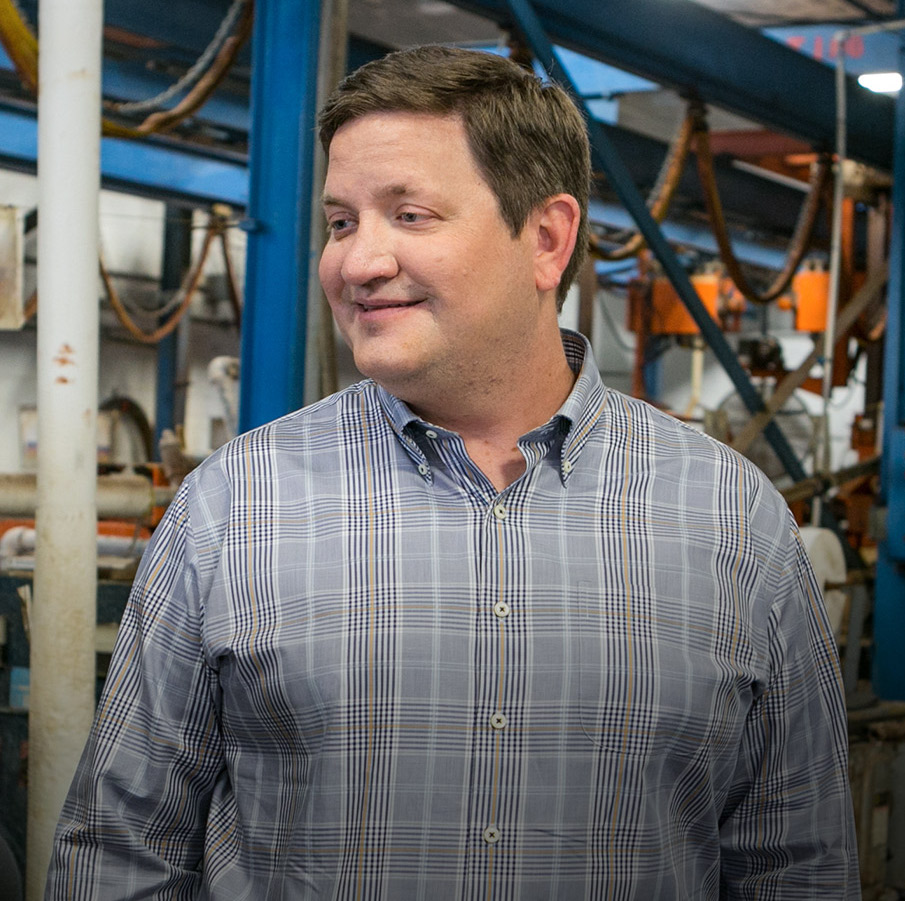Here's how to find and contact your state rep to voice your displeasure with their vote to ban red light cameras, and let your state senator know that you want them to vote against the ban.
In the name of reform, state legislators led by Republican state rep David McSweeney overwhelming passed legislation in the Illinois House that would ban red light cameras in many suburban municipalities, although Chicago would not be affected. Judging from data from other places in the U.S. that have banned the cams, if the law passes it will result in a significant increase in serious and fatal crashes.
For years Illinois politicians who dislike red light cameras have been trying to ban the cams, but they got new momentum earlier this year when ex-Illinois state senator Martin Sandoval pleaded guilty to corruption, admitting in court that he took bribes from an owner of the red light contractor SafeSpeed in exchange for promoting RLC programs in the Chicago suburbs.
State senator Mattie Hunter, a Chicago Democrat, introduced a bill that would have prohibited the cams statewide, which likely would have faced opposition from Chicago mayor Lori Lightfoot. McSweeney, from Barrington Hills, proposed legislation that would exempt Chicago but ban RLCs in non-home-rule communities, generally with 25,000 or fewer residents, in the Chicago suburbs and the Illinois suburbs of St. Louis.
McSweeney has introduced ban bills every year since the traffic camera programs were established. He’s a fiscal conservative, staunchly anti-tax, who voted against last year's $45 billion Illinois capital bill, which included some major wins for sustainable transportation funding.
According to a Chicago Tribune report by Jamie Monks, McSweeney's legislation passed 84-4 in the House, with bipartisan support and it will now move on to the Senate. McSweeney called RLC programs "corrupt." Other lawmakers asked why the State Legislature shouldn't instead pass a law to ban the cams statewide, including Chicago. McSweeney said that his legislation was "a good first step" towards banning the cams everywhere in Illinois.

In reality, if lawmakers prohibit RLCs in many suburban municipalities, let alone in Chicago as well, more Illinois will be seriously injured and killed in crashes. A 2017 Northwestern University study found injury crashes dropped by 10 percent at Chicago RLC intersections thanks to the cams, and dangerous T-bone and/or turning crashes decreased by 19 percent.
While the Northwestern study also found that rear-end crashes increased by 14 percent at intersections where cameras were installed, federal research has shown that T-bone collisions have a lost productivity cost to society that is about five times greater than the cost attributed to damage from rear-end crashes. The report also found that Chicago's cams were having a positive “spillover effect,” encouraging safer driving at other intersections.
Moreover, data from other cities shows that banning RLCs in other parts of the country has resulted in a significant spike in traffic deaths. A 2017 study by the Insurance Institute for Highway Safety looked at 19 cities that removed red light cams during the previous decade. Compared to peer cities that kept their cams, the rate of deadly crashes at intersections with stoplights was 16 percent higher in the cities that removed them. After Houston banned RLCs in 2010, fatal intersection crashes increased by 30 percent, and collisions rose 116 percent overall, according to data from Houston police.
The Active Transportation Alliance argued that Illinois red light camera programs should be reformed, not eliminated. "When used fairly and effectively, research show red light cameras and speed cameras make our streets safer for everybody," the advocacy group said in a statement. "The mismanagement and corruption surrounding some camera programs is a breach of public trust and those involved should be held accountable... More ethics rules should be in place to limit profiteering and revenue grabs. But the solution is not to outright ban technology that prevents crashes and saves lives."
Active Trans endorses the following reforms issued by AAA, Advocates for Highway and Auto Safety, the Insurance Institute for Highway Safety and the National Safety Council:
- Put the cameras at the most dangerous intersections
- Target the most dangerous violations, i.e. blowing straight through lights
- Use standard signal timing
- Allocate the revenue to street safety programs
- Encourage public input to help design the program and oversee changes
- Be transparent — collect and publish data about how the program is functioning
- Don’t create bad incentives for the vendor by paying them by the number of tickets issued
- Don’t set up hair-trigger cameras that target minor violations
- Allow for due process by having an easily accessible process for contesting tickets
- Sliding-scale fines and alternatives to payment, such as traffic school, for low-income drivers
Some state legislators and suburban officials also pushed back against McSweeney's bill. "We are depriving non-home rule communities of rights that home rule communities will continue to have,” suburban Democrat Diane Pappas told the Tribune. “People will continue to be ticketed for running red lights in home rule communities but not in non-home rule communities.”
And Libertyville mayor Terry Weppler told the Chicago Sun-Times that red light cams have prevented crashes at dangerous intersections in his north-suburban village. “I think anybody who voted for this is more concerned about pandering to voters than the safety of residents."






